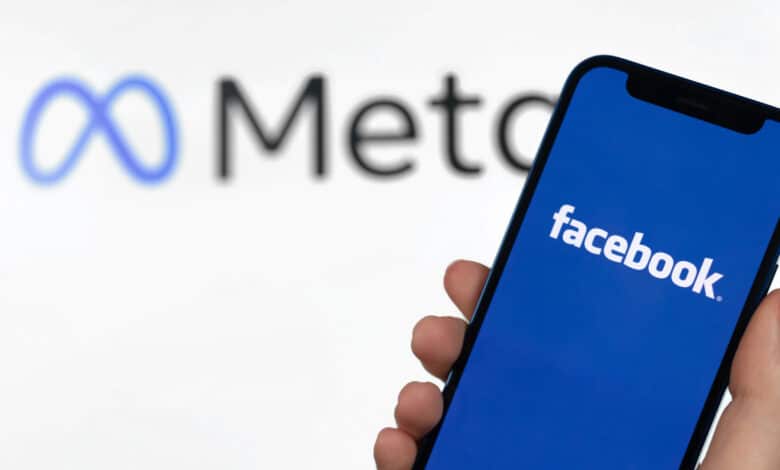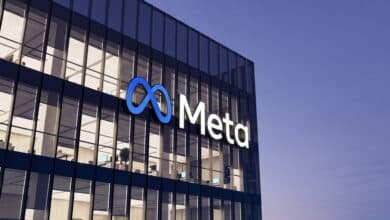
Social media without advertising. In order to comply with the EU requirements of the General Data Protection Regulation (GDPR), Facebook parent company Meta introduced a paid subscription model for its services such as Facebook and Instagram last October, which enabled ad-free use of the social networks. In light of the Digital Markets Act (DMA), Meta is now reducing subscription prices by almost half.
Meta subscription without advertising becomes cheaper
With the introduction of the GDPR, the Meta Group failed to obtain legally compliant consent for personalized advertising, which resulted in a fine of around 390 million euros from the Irish data protection authority DPC.
Meta reacted and announced a new paid subscription last October that completely frees the social networks Facebook and Instagram from advertising. However, the company is paying dearly for this.
Cost point: 9.99 euros per month when booking via the web or 12.99 euros per month when subscribing via smartphone in the Android or iOS cosmos. Since March 1, 2024, a further 6 euros (web) or 8 euros (mobile) per month will be added if an additional account is to be linked.
The subscription has been criticized by data protection and regulatory authorities, and not just because of the high price. However, a price reduction is now in prospect, as the news magazine Reuters reports.
At a hearing in Brussels, a Meta employee revealed that the price for the subscription without advertising within the EU will be reduced to 5.99 euros per month in future. However, he did not give a specific date for the changeover. Additional accounts will only cost 4 euros per month in future.
“This is by far the lowest end of the price range that a reasonable person should pay for services of this quality,” said Tim Lamb, Meta’s lawyer, according to the report at the EU Commission hearing.
DMA: Meta reacts as a precaution
In recent years, Meta has repeatedly had to answer to the courts for various practices and systems. Last May, the company was even fined a record 1.2 billion euros by the Irish Data Protection Authority (we reported).
In order to avoid further proceedings and fines, Meta is apparently adjusting the prices for the Facebook and Instagram advertising subscription as a precautionary measure. The Digital Markets Act, which recently came into force and has its eye on US tech companies in particular, is likely to tip the scales here.
Facebook and Instagram are considered gatekeepers in the social media sector and are therefore subject to stricter regulations. The direct impact of the DMA on Meta is not yet known – at least publicly.
There is also apparently still uncertainty at Meta itself, which is why Lamb is seeking clarification of the current legal uncertainty from the EU Commission.



